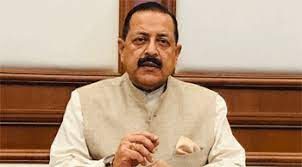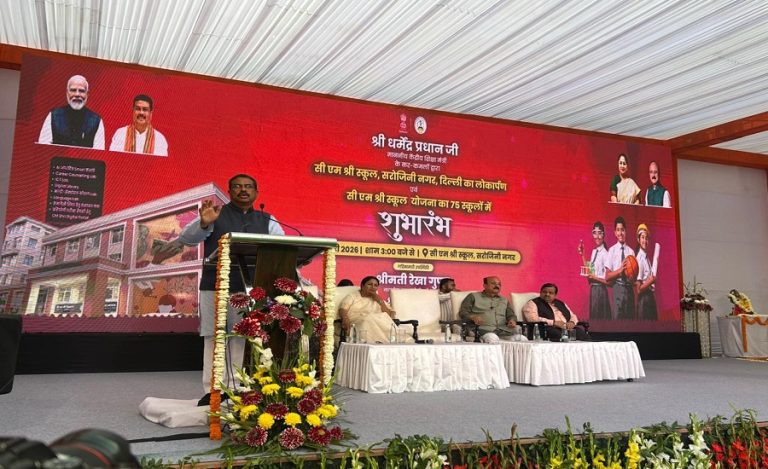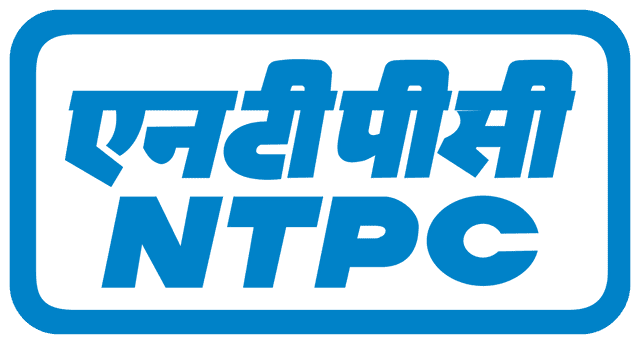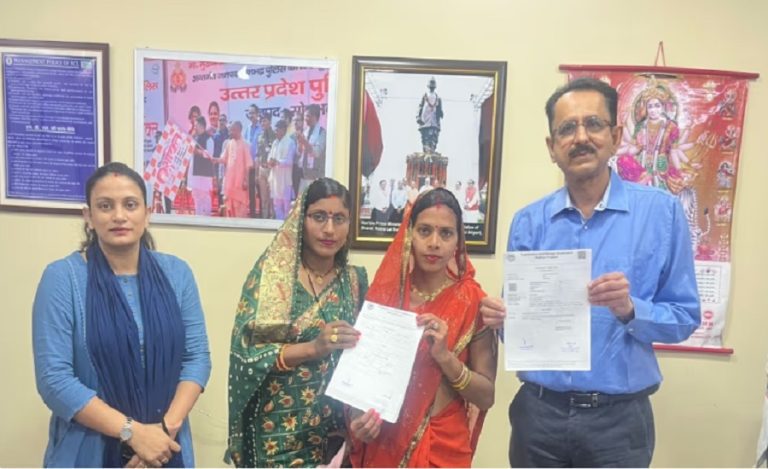New Delhi: Union Minister of State for Science and Technology Dr. Jitendra Singh delivered sharp criticism at the launch event of NITI Aayog’s latest report, accusing India’s bureaucracy and state governments of stifling the country’s innovation ecosystem. Speaking at the release of ‘Pathways to Progress: Analysis and Insights into India’s Innovation Story’, the minister highlighted bureaucratic inertia and a lack of enthusiasm within state governments as major roadblocks to India’s innovation ambitions.
“No Senior IAS Wants to Be Science Secretary”
In a striking observation, Dr. Singh said that in most states across India, science departments are treated with indifference by top bureaucrats.
“Out of 28 states in India, you will find 24 states where the science secretary is a reluctant secretary. No senior IAS officer wants to be a science secretary in a state,” he said.
The minister implied that posting preferences among senior IAS officers often lean toward revenue, urban development, or home affairs, leaving science and technology departments without visionary leadership.
Innovation Held Back by Bureaucratic Mindset
The minister emphasized that a change in mindset is urgently needed among civil servants, industry leaders, and startup founders.
“The biggest challenge for innovation in India is the mindset problem of government bureaucracy, industry, and potential start-ups. This mindset needs to change to embrace innovation,” Mr Singh said.
He noted that innovation doesn’t always require deep-tech skills or IIT degrees, and that potential lies in areas like agriculture, marine ecosystems, and the Himalayan region – areas often overlooked due to misconceptions about what defines innovation.
Case in Point: Treasury Single Account
To illustrate how bureaucratic red tape slows innovation, Dr. Singh cited the example of Treasury Single Account (TSA) – a modern financial reform aimed at better cash management and preventing fund misallocation.
“It took me over a year just to convince the Expenditure Department to adopt TSA,” he revealed, underscoring the resistance within the system to new ideas.
The TSA aims for “just-in-time fund release” and minimizes idle parking of funds – an essential reform in public finance that faced undue delays.
NITI Aayog Stresses Need for Frontier Technology Focus
Joining the minister at the event were Union Education Minister Dharmendra Pradhan and NITI Aayog Member Dr. V.K. Saraswat, who emphasized that India must become a producer – not just a consumer – of cutting-edge technologies.
Dr. Saraswat called for a shift toward frontier technology development, including AI, robotics, quantum tech, advanced biotechnology, and semiconductors. He also stressed the importance of partnerships between government, academia, and private players, stating that “no single institution can carry this responsibility alone.”
The Path Ahead: Innovation Beyond Government Alone
While India has launched several schemes like Startup India, Atal Innovation Mission, and the National Innovation and Startup Policy, both Singh and Saraswat pointed out that top-down initiatives alone are not enough. A grassroots-level cultural shift in how civil servants and local administrations perceive innovation is crucial for India’s “Viksit Bharat 2047” goal.




























